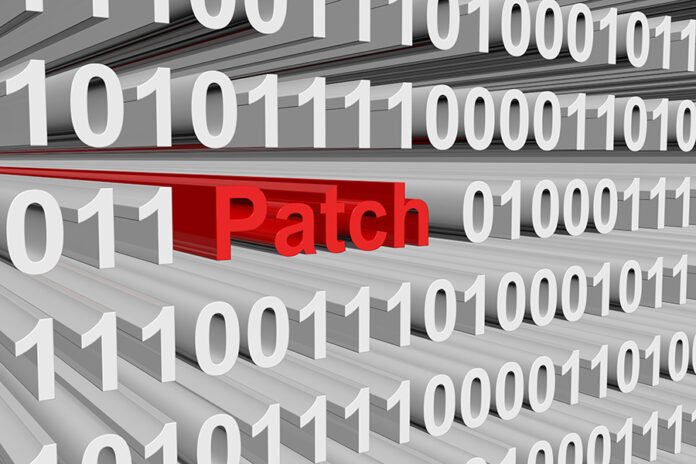Juniper Networks Issues Critical Security Patches for Multiple Product Lines
In a significant move to bolster cybersecurity, Juniper Networks has released a comprehensive set of patches addressing a multitude of security vulnerabilities across its product lines, including Junos OS, Junos OS Evolved, and Junos Space. This update, reported by SecurityWeek, highlights the importance of maintaining robust security measures in an increasingly complex digital landscape.
Overview of Vulnerabilities
The recent patch rollout addresses dozens of vulnerabilities, with a particular focus on 11 high-severity flaws that impact core components such as the packet forwarding engine, routing protocol daemon, and web management interfaces. These vulnerabilities are particularly concerning as they could potentially lead to denial-of-service (DoS) conditions, disrupting network operations and affecting service availability.
While not all Juniper devices are affected, the impacted models include the EX, MX, and SRX Series platforms. For organizations relying on these devices, the availability of corresponding updates is crucial for maintaining network integrity and security.
Medium-Severity Vulnerabilities
In addition to the high-severity vulnerabilities, Juniper has also addressed 10 medium-severity flaws. Many of these vulnerabilities similarly pose risks of DoS attacks. Notably, one specific flaw allows for potential information disclosure if exploited by a local, authenticated user via the command-line interface. This highlights the critical need for stringent access control measures, especially for devices operating in sensitive or high-availability environments.
The presence of these vulnerabilities underscores the importance of consistent patching practices. Organizations must prioritize regular updates to safeguard their networks against potential threats.
Junos Space Updates
Alongside the updates for Junos OS, Juniper has rolled out Junos Space version 24.1R3. This version includes patches for nearly 50 third-party software vulnerabilities, some of which are rated as critical. Similar fixes have also been issued for Junos Space Security Director and CTP View. These updates are essential for organizations that utilize Juniper’s software solutions, as they help mitigate risks associated with third-party components that may be exploited by malicious actors.
Juniper has not reported any active exploitation of most of these vulnerabilities; however, the company strongly encourages customers to check the support portal for detailed information and to apply updates as soon as practical. This proactive approach is vital for maintaining a secure network environment.
Addressing CVE-2025-21590
In a separate but related development, Juniper has revised an earlier advisory concerning CVE-2025-21590, a kernel vulnerability in Junos OS that involves improper compartmentalization. Although a patch has been issued for many platforms, some devices are still awaiting targeted fixes in upcoming updates. Juniper has acknowledged at least one instance of malicious exploitation of this vulnerability, which emphasizes the urgency for customers to upgrade or implement temporary mitigations where applicable.
Conclusion
The recent security updates from Juniper Networks serve as a critical reminder of the ever-evolving nature of cybersecurity threats. Organizations must remain vigilant and proactive in applying patches and implementing robust security measures to protect their networks. The vulnerabilities addressed in this update, particularly those with high severity, highlight the potential risks that can arise from unpatched systems. By prioritizing timely updates and maintaining strict access controls, organizations can significantly reduce their exposure to cyber threats and ensure the integrity of their network operations.


